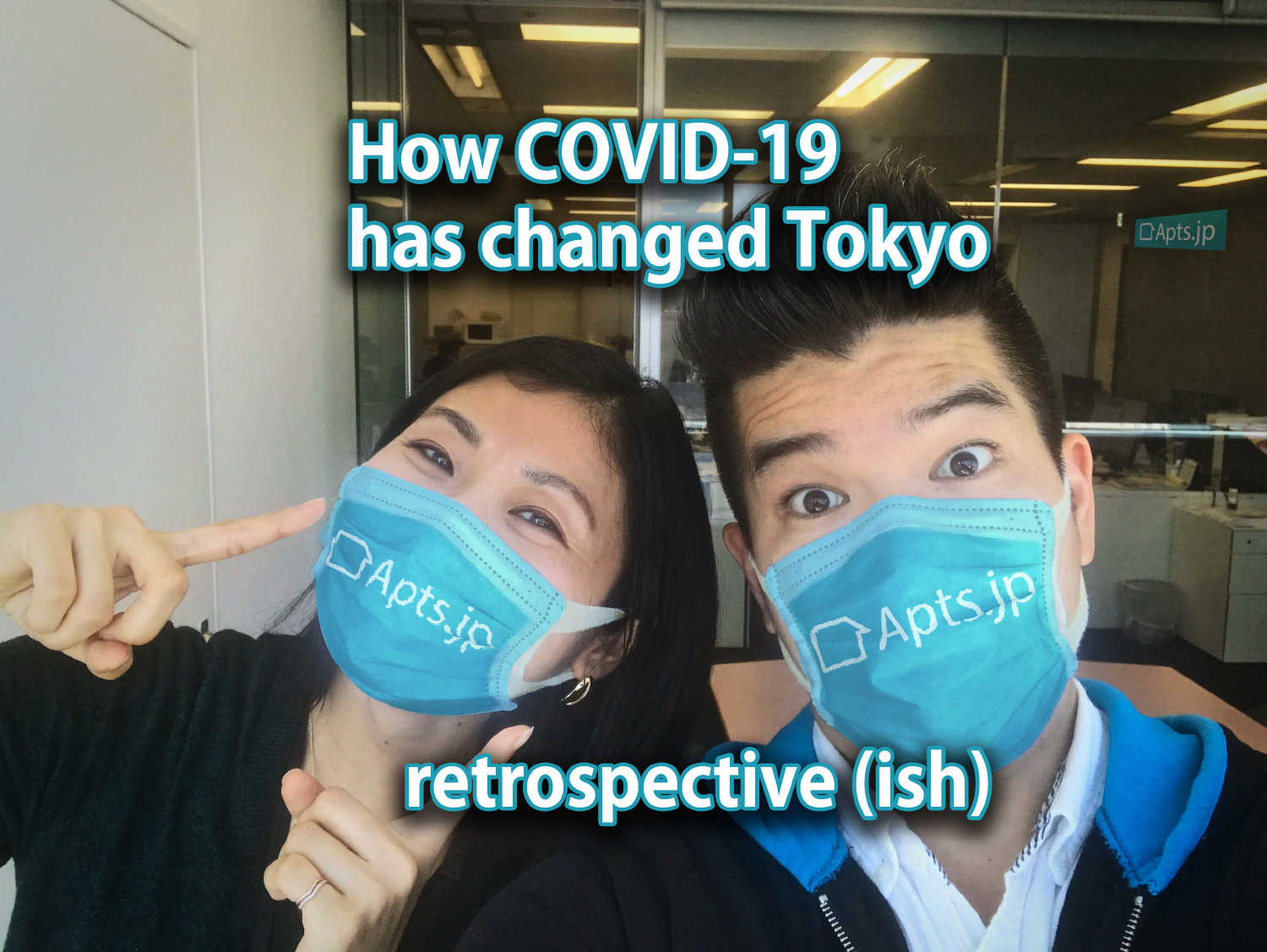
28 Jul The New Tokyo? How Tokyo Has Changed Due To Covid
Last Modified on August 3rd, 2021 at 04:03 pm
Category: Health, Social & Culture
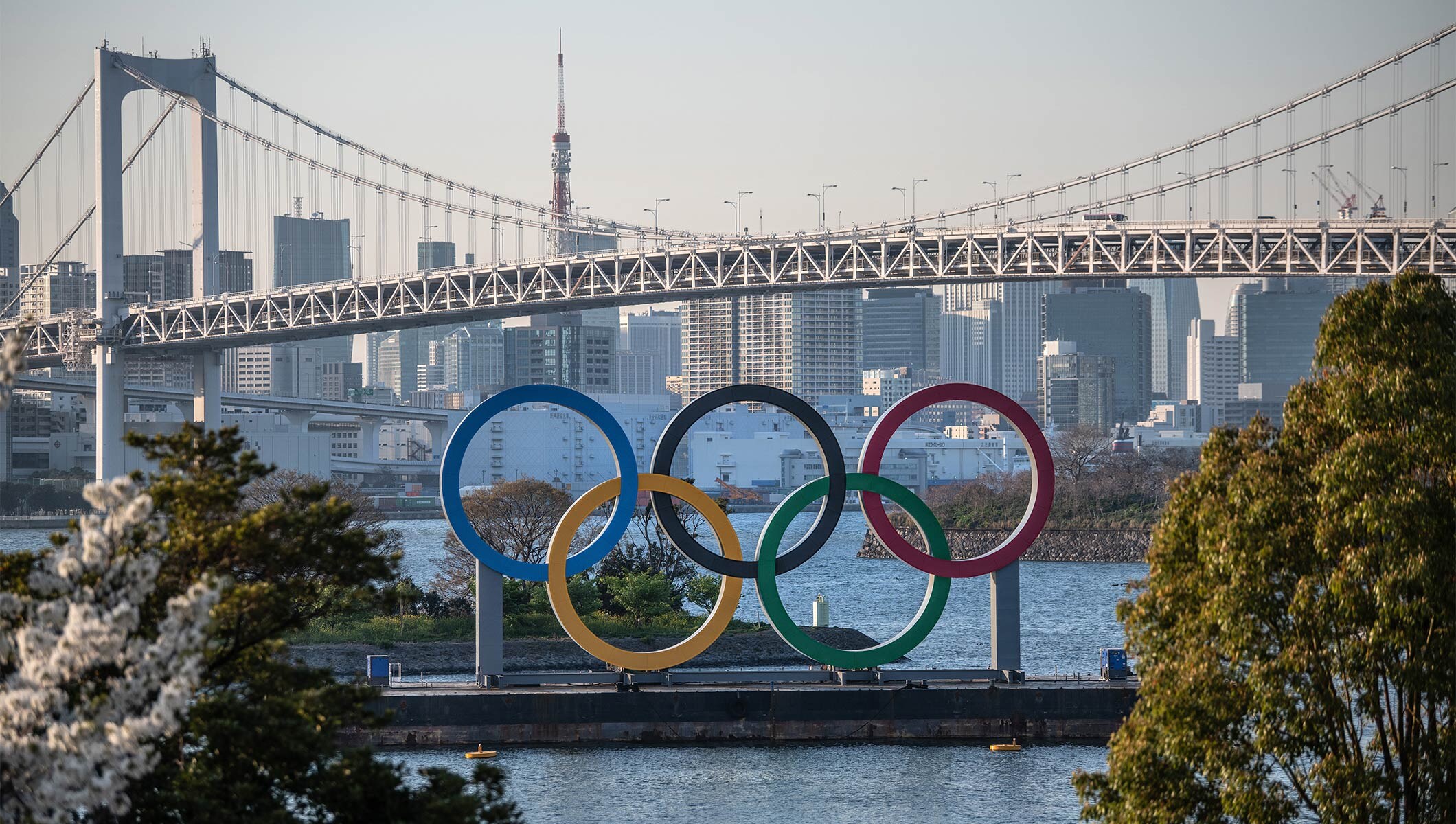
Article written in Summer 2021…
How has Tokyo changed due to COVID-19 over the past year+?!
Summer 2021 came in like a flash, and here we are now- our 2nd summer surviving the pandemic. Most have found their rhythm and flow amongst the constantly changing scenarios. As much as we had thought Covid would be over, it has decided to stick around, like an uninvited seat at the table- a real wedding-crasher level of lame. Yet Japan, just like many other countries, has been trying its best to protect its people. So how has the changing world situation impacted Tokyo and Japan in comparison to other countries? Although Japan remains closed to tourists, they have slowly started administering certain visas and allowing visa holders to re-enter the country.
We have spent more days in some State of Emergency (SOE) than not in 2021.
In Japan, the government cannot officially declare a shutdown of the country, unlike other countries. Instead, our SOE’s are the government asking for cooperation with restaurants and shops and financially supporting those who cooperate.
Although the country can’t ‘shutdown,’ our borders are tight, not allowing any tourism, requiring Quarantine from visa holders and even nationals who enter the country from abroad. We will cover more about this at the bottom of the article.
So how has Covid, to this day, impacted the bustling city of Tokyo? Let’s dive into it! (disclaimer: things are constantly changing, so please always refer to government pages for official information)
Dining Out & Shopping
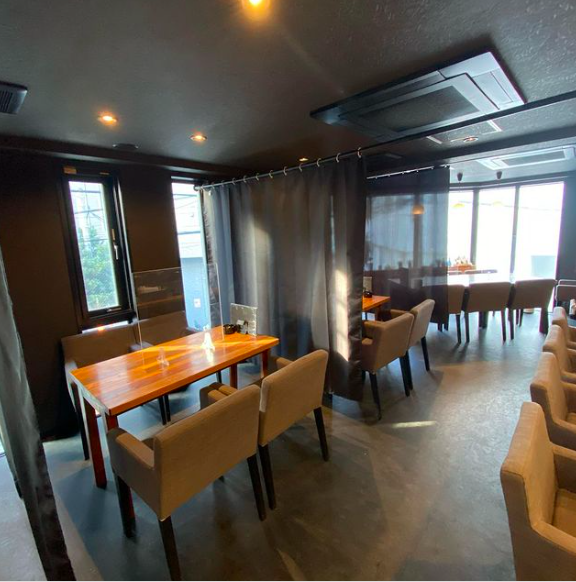
Closing times and restrictions
Hit the hardest was the restaurant industry. Since Covid, the government has asked restaurants to close by 9 pm, and during the SOE’s moved it up to 8 pm. Also, during SOE’s the government asked all restaurants to stop serving alcohol altogether (so a lot of bars actually became pretty pointless). In Tokyo, the number one money maker for restaurants is alcohol. Some restaurants haven’t been able to keep up and have lost their business. Even though the government will give them support money, it still is not nearly enough to keep up with the expensive rent and food costs in this city. It is sad to see some of our favorite and long-standing restaurants and pubs having to close their doors.
Safety measures
Most restaurants will have a transparent plastic barrier between tables and seats to help separate those dining and control the virus from spreading. Some places have even reverted to online menus, using a QR code to pull up the menu on your device.
Hand Sanitizer, Masks, and Temperatures
In the front of any store, shop, café, bakery- basically every single shop in Tokyo, actually- they will have a hand sanitizer dispenser to disinfect your hands before entering. Some restaurants will even take your temperature, and all places require masks. Now even dispensers release the disinfectant and read your temperature simultaneously. Must love technology in Japan.
Some doctors’ offices even require specific masks, such as surgical masks, and not fabric or handmade ones.
Japan is a country that believes in community over individualism, so most people will wear masks, use alcohol spray and follow safety protocols out of respect for others. A pretty great country to be a part of during a world pandemic! (luckily, wearing masks when sick was already very common in Japan, for decades before Covid hit, so adapting was pretty easy for most)
Trains, Planes, and Shinkansens
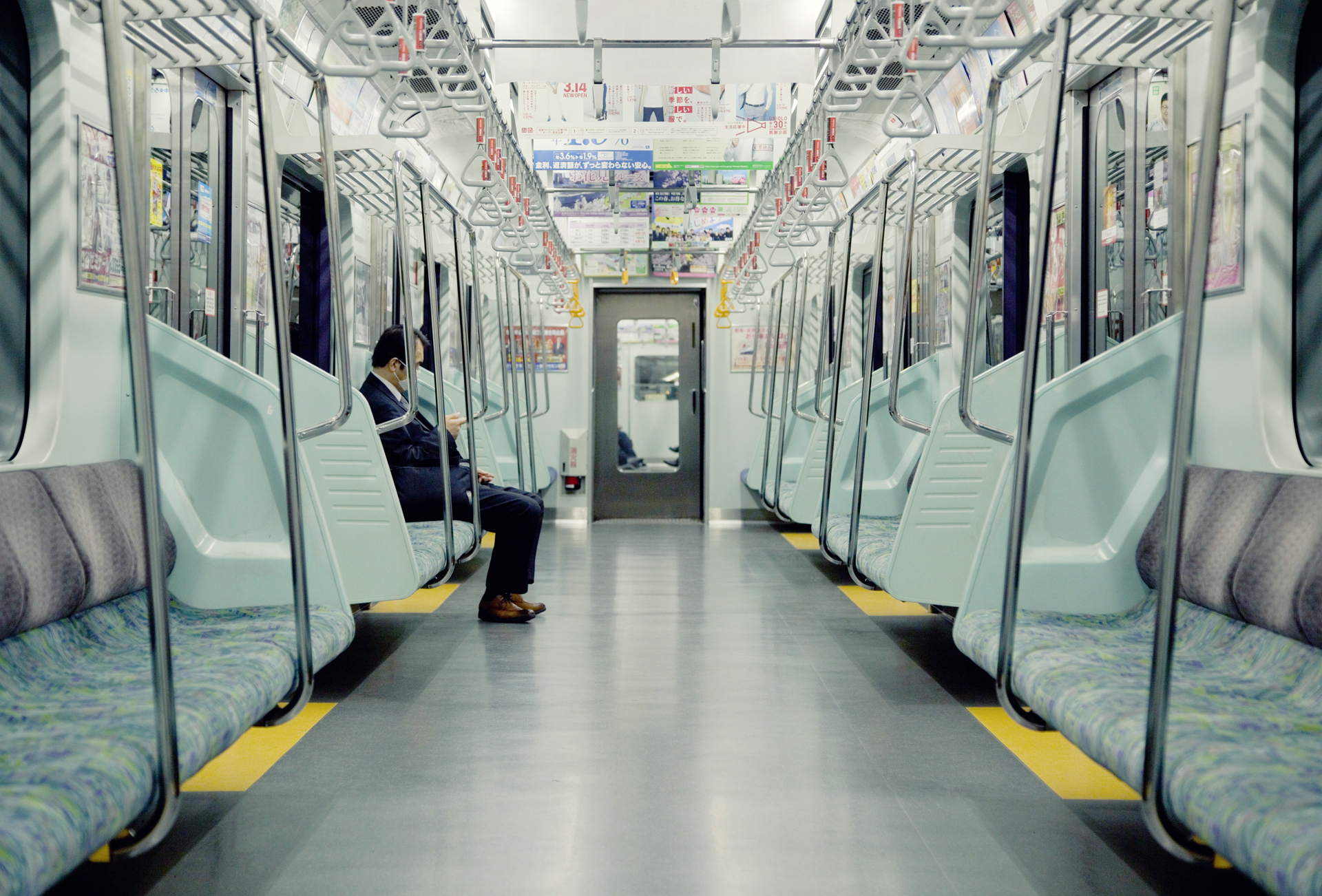
Local Trains
Trains haven’t been affected much and are still running on schedule with an earlier last train time exemption. During the SOE’s, the government has asked companies to work remotely as much as possible to reduce the number of passengers commuting to the city for work each day.
Domestic Flights
In the early pandemic days, Japan had launched a Go-To Travel campaign encouraging people to travel within Japan, hoping to boost the economy. (->we even sent Apts.jp agent Jason, on a mission during Go-To Travel, and we are happy he is still healthy!)
It didn’t last long as it backfired, with Covid case numbers rising significantly. Even without the campaign, traveling within Japan hasn’t slowed down much. Many people are taking advantage of flights to Okinawa or other hot spots in the country. With international travel possessing more of a hurdle; Domestic travel has gained in popularity, no PCR testing is required, and no quarantine is necessary. Just temperatures read, and masks are required.
Some destinations like Okinawa have asked, but not require, people to take the extra measure and take a PCR test before coming. Understandably so, it is a small island with fewer resources than Honshu.
Remote Work & Housing Industry

Japan catching up to the rest of the business world?!
Never in a million years would we think Japan could change its strict business culture of long hours, face-to-face meetings, late dinners, and ‘leaving after your boss leaves’ culture.
Are those days coming to an end?!
Yes, or so we hope. “Work from home” was a very foreign concept to most Japanese, but glad it’s been working out.
Of course, not all companies made the switch, but a vast majority have, and remote work has earned its place in this country. Thanks to virtual meeting capabilities, companies have found their rhythm in the online world, except for… fax machines. Somehow, Japan can’t silence them quite yet. Another topic for another day.
Enjoy your new office space, Your Home!
With businesses asking their employees to start working from home, people soon realized they could possible use more space, for purposes of “home office” type setup. Especially true for couples or families who suddenly had to share a space, hold important meetings, and entertain children in the same smaller space.
1-2 bedroom apartments quickly became in high demand!
Being home more also made people realize they want to enjoy the place they live.
Surprisingly rental costs dropped, yet sales on homes stayed about the same.
Working from home also opened up opportunities for people to live a little bit farther out from their offices and enjoy more spacious homes with a little more greenery! Doesn’t a leisurely walk along a river sound like a nice lunch break to you? Check out our blog on Housing in Yokohama; maybe it’s your time to take the plunge.
The 2020 Olympics…but in 2021

To Cancel or Not to Cancel
A hot and heavy topic since the beginning of the pandemic. The Olympics were scheduled for the summer of 2020 but postponed due to the many unknowns of the virus. Well, now it’s 2021, the number of cases higher, new variants are out, but the Olympics went forth.
Most people didn’t realize that the decision to cancel or postpone the Olympics is not solely in the hands of Japan but the International Olympic committees. Although it was controversial, considering the athletes and how another postponement would affect them, the Olympics have taken place. Athletes were held within the ‘Olympic Bubble’ and tested daily for Covid.
Spectator-Less
As the number of cases rose right before the opening ceremony, a last-minute decision was made to hold the games without spectators. Although the crowdless safety measure needed to occur, it must have felt strange for these athletes who trained their whole life for this moment not to hear the roar of the crowd as they try to bring home a gold medal for their country. Hopefully, the Olympics has given people a remembrance of life pre-pandemic and hope for some normalization again.
Getting Vaccinated, the slow and complicated roll-out
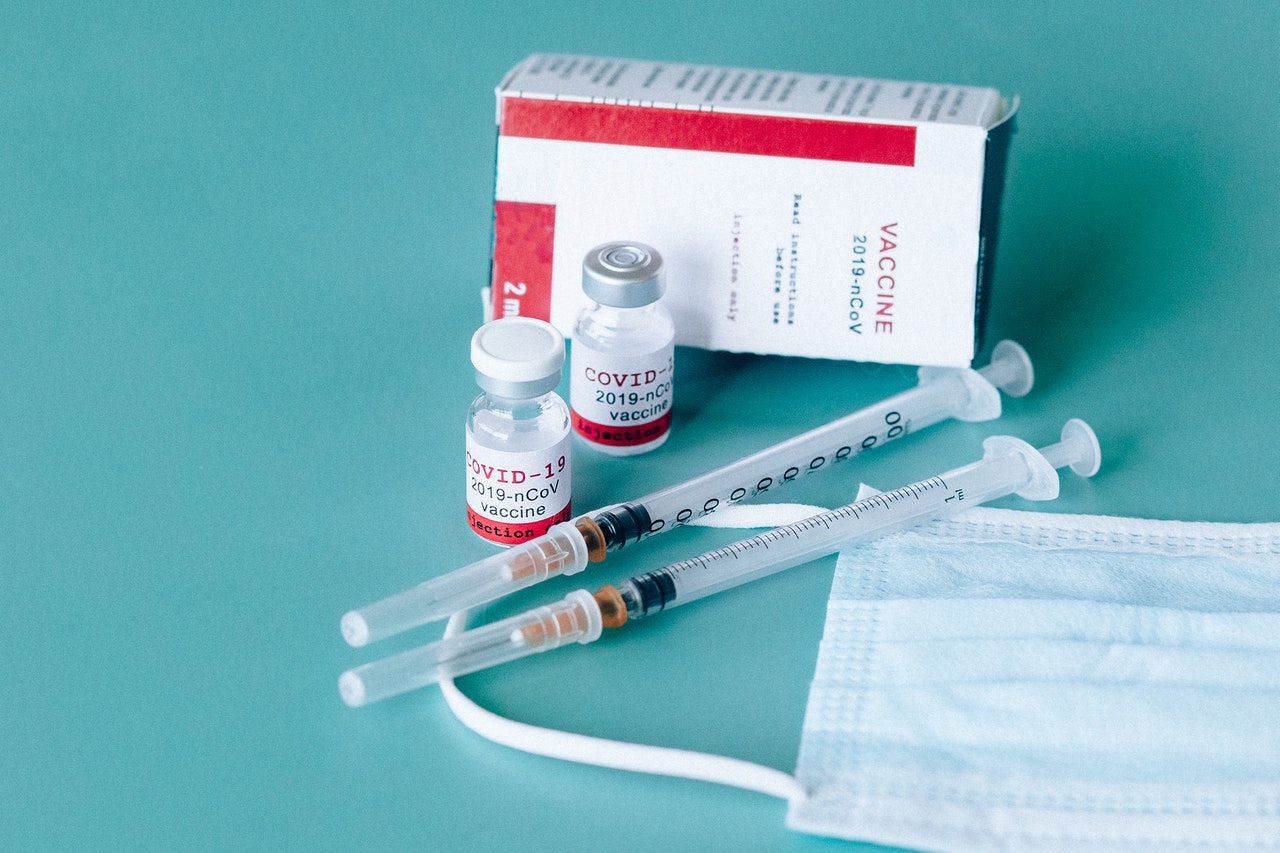
While in America, vaccines started around December of 2020, Japan took their time approving and receiving vaccines. It wasn’t until June of 2021 that the elderly were able to begin their first dose. Complications such as storage containers, cold freezers, receiving enough doses, running out of supply, getting vouchers sent out, translating vouchers for Expats, and so on created the delay. Vaccines here are still very much in their beginning stages.
International Travel and Quarantine
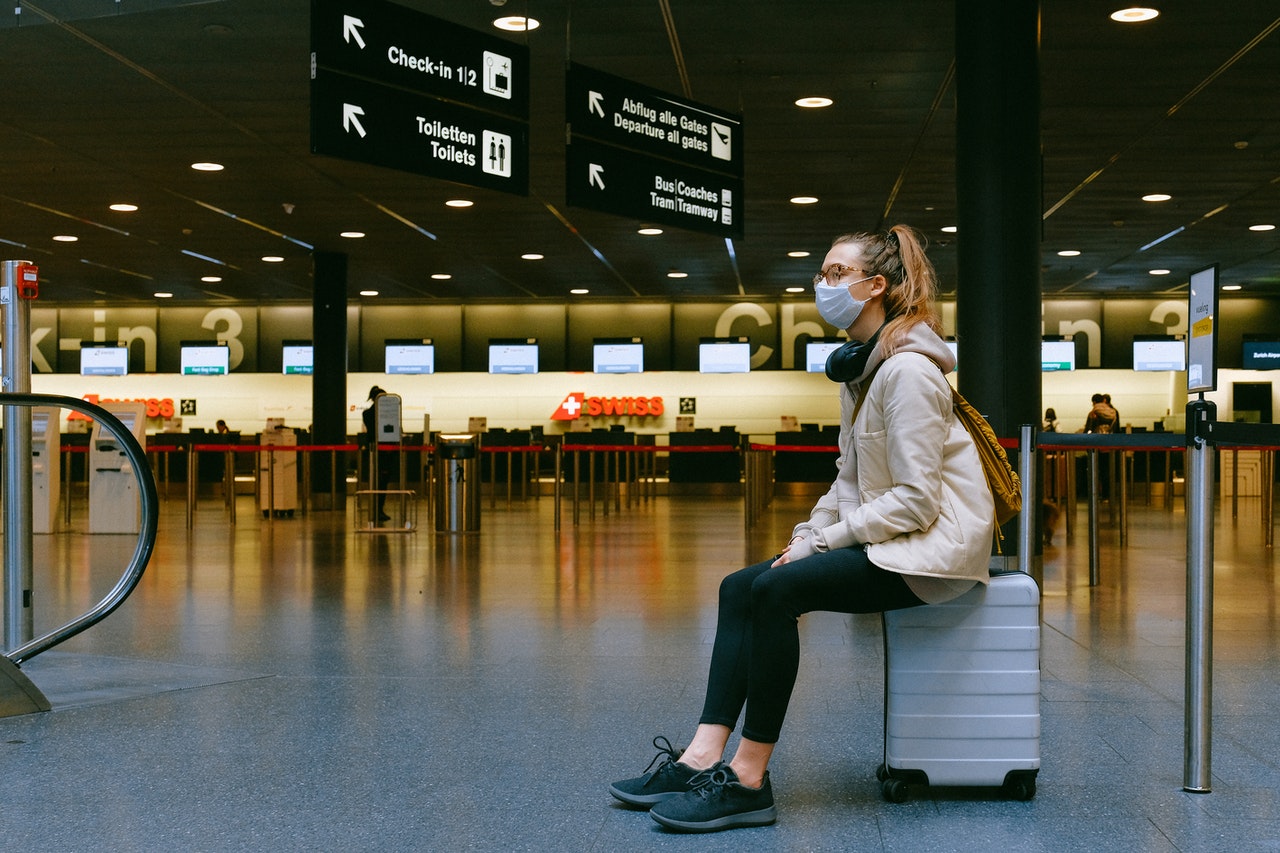
Arriving in Japan
A massive hurdle for many, with constantly changing conditions, is entering Japan from overseas. At the beginning of the pandemic, Japan had shut its borders to all travelers coming from abroad, including those who hold permanent residencies or special visas. Except for Japanese citizens, no one else was allowed in. Thankfully, now those who have visas can re-enter, but receiving a new visa is very strict, although not entirely impossible. As of now, borders are still shut to tourism. Visa holders and nationals must take the 72 hour PCR test pre-flight, retest once landed, and Quarantine upon returning to Japan. Some countries require an extra quarantine located at a designated hotel and an additional negative retest. Please make sure to confirm the ever-changing requirements needed for your country here:https://www.mofa.go.jp/ca/fna/page4e_001053.html
Another great resource is the Facebook group: Return to Japan Support Group
Things might look different in Tokyo due to Covid. However, one thing that has stayed the same is the people, still ever so generous and mindful of others. It took time to adjust to our new realities, but slowly they have slipped into our daily lives, and as a country, we are embracing this new paradigm.
No one knows when this uninvited wedding crasher will leave, so we might also make the best of the situation. After all, keeping your hands extra clean has never hurt anyone, right?
TAKE CARE everyone!!
Tokyo apartment search:
——–
Our first coverage of covid related things in April 2020:
Social distancing:
We never stop- except maybe for pandemic…:
How to wear a mask and not look suspicious: